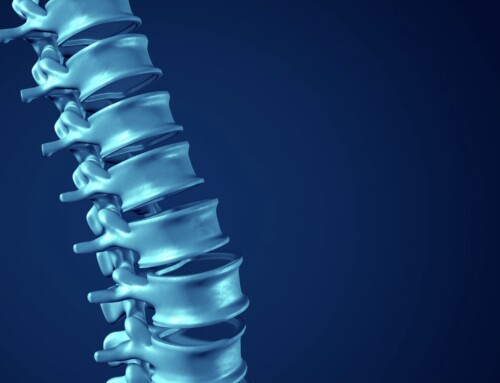Nothing wreaks havoc on the body like chronic inflammation. It increases the risk of chronic diseases. It impairs the immune system. It contributes to chronic pain. And it is often silent.
Chronic inflammation is in epidemic proportions, due to many factors of modern living: dietary sources (food sensitivities, refined and processed foods, synthetic food substitutes), stress (emotional, mental, physical), environmental contaminants (pesticides, herbicides, plasticizers). Burned out bodies reach a point of being unable to combat the cumulative stress.
According to 2004 Center for Disease Control data, each year more than 70 million prescriptions are written for NSAIDS (non-steroidal anti-inflammatory drugs) and billions of non-prescription pills are purchased. We’re a nation of chronic inflammation.
Here are 10 simple steps to quench this simmering fire:
- Practice pleasure. Laughter and playfulness trigger the feel-good hormones that help balance out the stress-inducing hormones. Stop and smell a rose. Walk barefoot outside. Roll in the grass with your kids. Play music, sing. Try out a new interest. Just remember to have fun while doing so.
- Look for hidden food sensitivities. These can cause low levels of chronic inflammation that are subtler than overt allergies. If you have joint aches, brain fog, chronic skin conditions (eczema, acne, itching), gastrointestinal symptoms, emotional volatility, you could well have undetected food sensitivities. Dairy and gluten are the top 2 causes given their prevalence in our diets. Find a health care practitioner to help you work with investigating these further. You might be surprised at how much better you feel by eliminating trigger foods.
- Reduce industrial seed oils and vegetable oils: canola, corn, soybean, sunflower, grape seed, safflower, cottonseed. These oils are highly processed and high in pro-inflammatory omega-6s. When subjected to high heat (in the manufacturing process, as well as in cooking), they are very prone to oxidation. Most packaged or processed foods are made with such oils, and most restaurants cook with them. The best way to avoid them is to cook and eat as much as possible from home sweet home. Good alternative oils: olive, coconut, avocado, ghee. Also good to use, but more sparingly: nut/seed oils like walnut, sesame, peanut.
- Get more oily fish, greens, and nuts. These foods are high in the anti-inflammatory omega-3 fatty acids. Oily fish such as sardines, mackerel, wild salmon are great sources, and high in antioxidants as well. Eat 2-3 servings a week. Increase greens like broccoli, kale, and cabbage, aiming for an intake of total fruits and vegetables of 5-7 servings a day. Nuts like walnuts and almonds are great sources of protein, fiber, and key minerals.
- Reduce sugar and grains. As a general rule, Americans have a tremendously high sugar and total grain intake, which creates spikes and sustained elevations in insulin. Insulin releases inflammatory chemicals, and also causes fat pockets around the abdomen. This kind of fat differs from subcutaneous fat in that it releases chemicals that cause, yes, inflammation. So the next time you eat a meal, pass on the bread and cut your rice portion in half.
- Get your sleep. This is perhaps the easiest way to heal our bodies. During the deep stages of sleep, the brain’s detox system opens up 4-fold to clear out inflammatory proteins and other metabolic debris. Sleep deprivation impairs the immune system and causes cortisol to rise, generating more inflammation. So your body needs sleep to fend off infections.
- Move your body. Our bodies evolved as physical beings. Our minds also adapted to movement. Walking can do wonders for inflammation. Studies show that walking 30 minutes 4-5 times a week can strengthen the immune system, especially if done on a regular basis. If you have underlying joint issues, consider yoga or non-weight bearing forms of exercise like swimming or bicycling. On the contrary, overexertion, like running a marathon, can actually increase inflammation.
- Seek out silence. Noise pollution can create unperceived stress, contributing to physiologic states similar to those of fear or anxiety. Take a walk in the woods. Sit quietly on a beach. If you’re confined to your house, find a corner, close your eyes, and just be. Spend time gardening. For those with an inclination towards meditation or prayer, try to commit to this as a daily practice. Create sacred spaces in your home that are cell phones-free zones. If stores and restaurants have off-limit zones, your home can, too.
- Enlist the power of human touch. Hug a child, hold hands with your beloved, or get a massage. Gentle touch releases anti-inflammatory hormones, but you don’t really need a doctor to tell you that…
- Get a daily dose of Ahhhh. Set a bath for yourself. Add 1 cup of Epsom salts. The magnesium can further boost your body’s ability to combat inflammation. For more relaxation, add some drops of lavender essential oils.






Leave A Comment